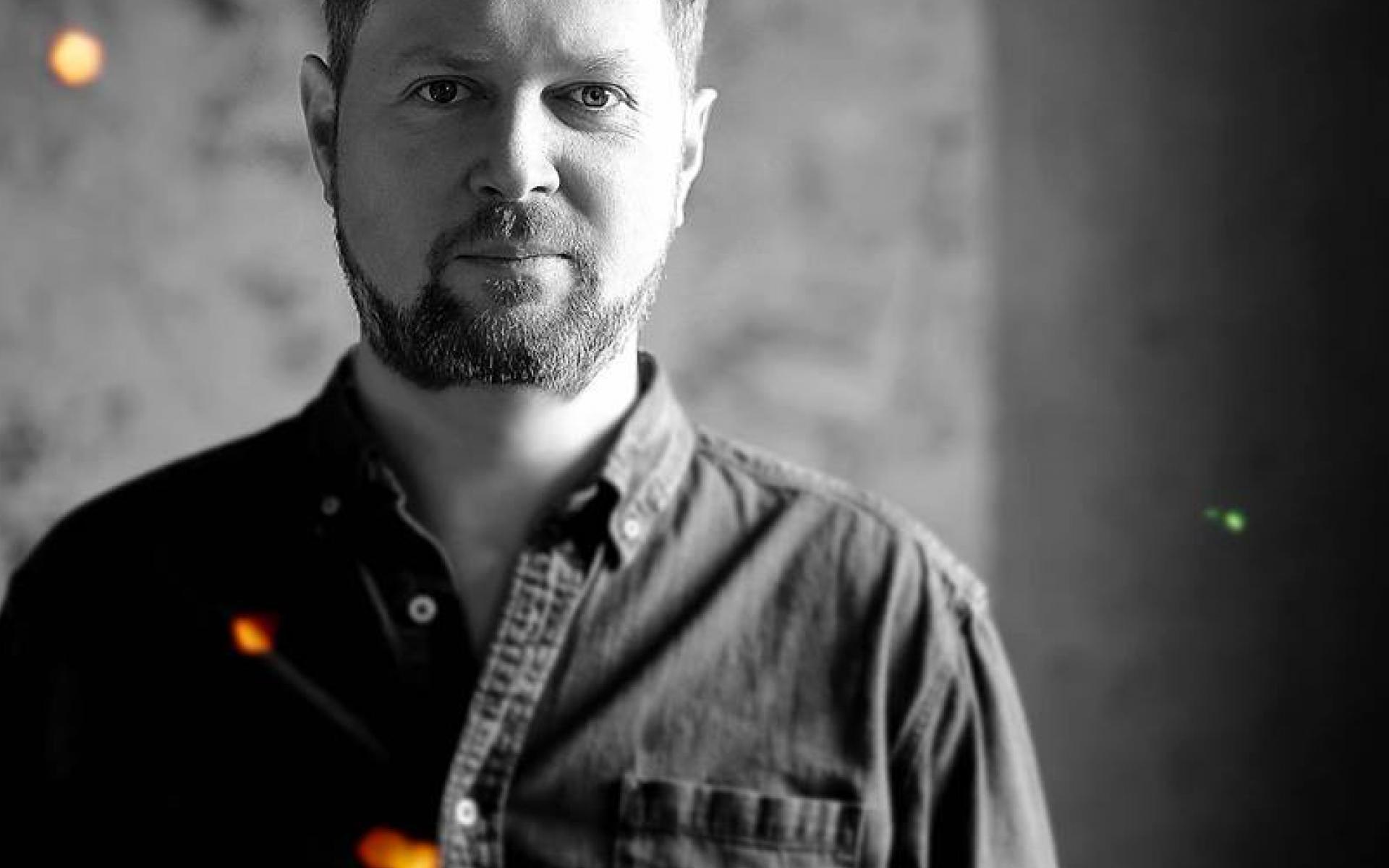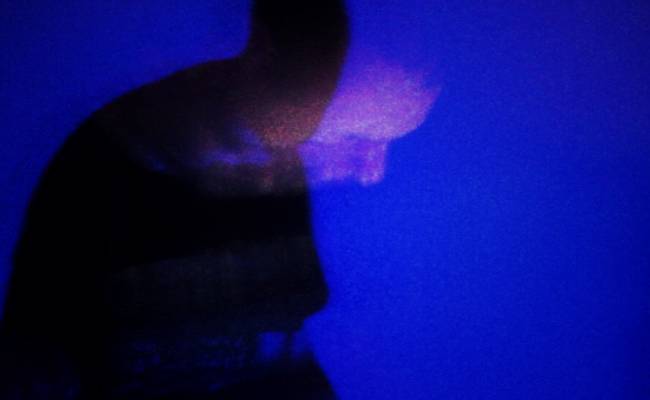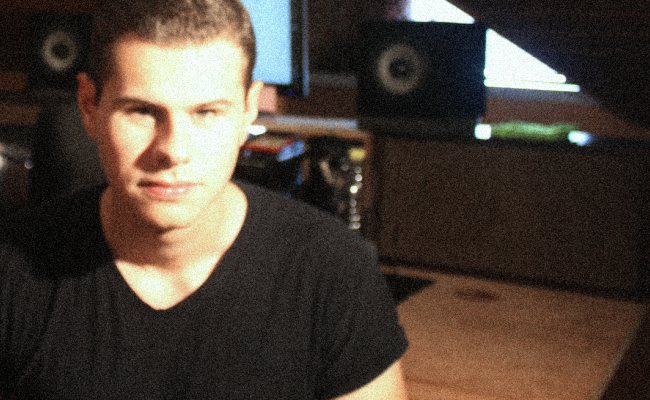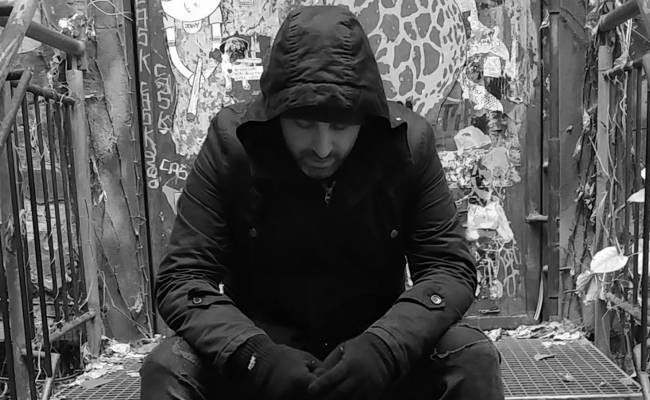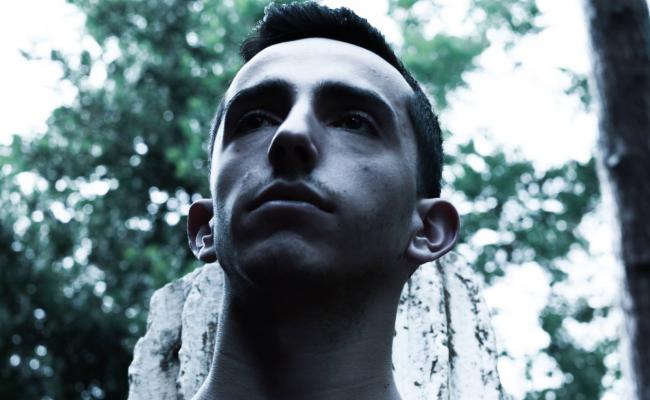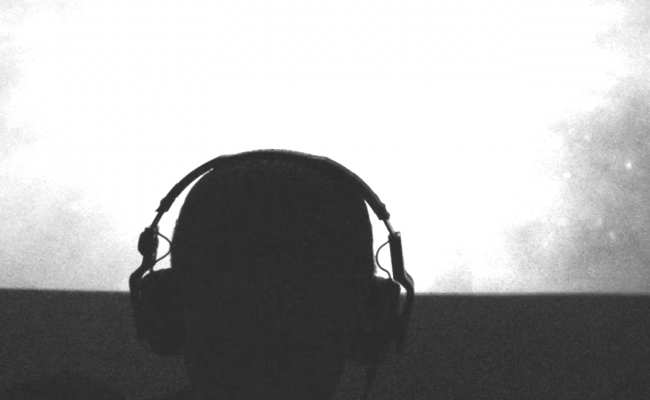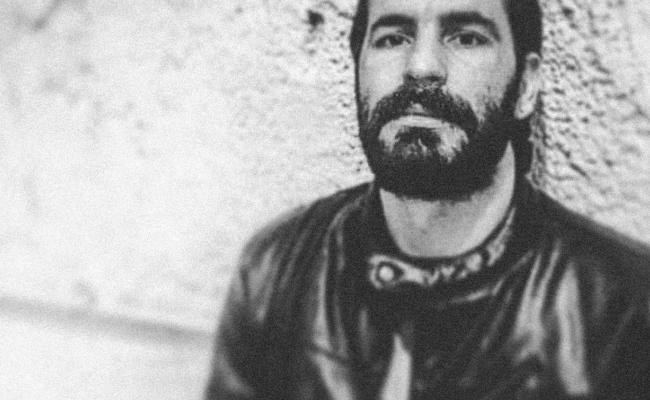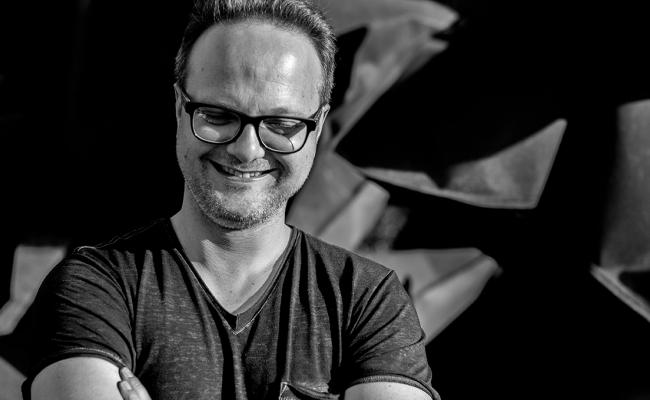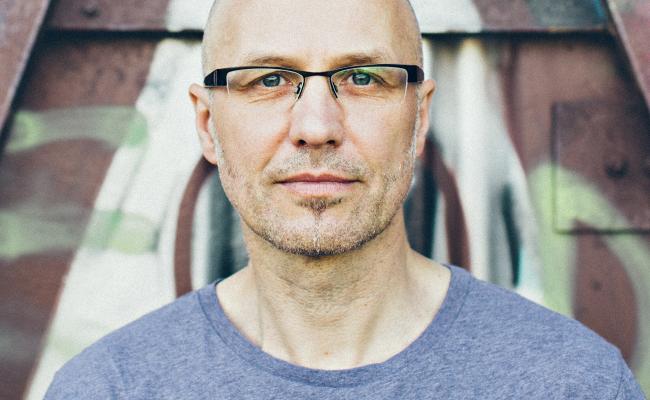Mixshow with Thomas Schumacher
At the age of 14, when he first put needle to record, Thomas Schumacher unknowingly lay the foundation for what would become his life-long passion for music.
Thomas was an early fan of the Neue Deutsche Welle (German Punk and New Wave) artists like D.A.F, Andreas Dorau and Palais Schaumburg and synth-pop innovators like Depeche Mode and New Order; however it was the first time he heard a DJ beat-mix the then-new sounds of acid house in his hometown of Bremen, Germany, in 1987 that he immediately knew that he wanted to be a become a part of dance music culture. With this decision made, Thomas began buying 12” records and set about putting together a studio in his tiny bedroom, starting with an Atari computer which still has an honorary place in his studio in Berlin today.
Early 90s techno from Detroit, Belgium and Germany, and the soulful deep grooves of US House were the sounds that Thomas related to the most.
A school trip to London cemented Thomas’ love for electronic music, particularly a visit to the legendary Blackmarket Records store in Soho, where he quickly spent his entire allowance on techno and drum & bass white labels.
Back in Bremen, Thomas and his friends entrenched themselves in the burgeoning German techno movement, buying records and traveling all over Germany to attend raves and clubs like The Techno Club night at the famed Dorian Gray, inside Terminal 1 of Frankfurt Airport, and Club Unit on Hamburg’s Reeperbahn. During this period Thomas saved up whatever money he could to spend at his local electronics store, experimenting with a variety of drum machines, synthesisers, and spending hours honing his self-taught production skills. He soon became a regular punter at Bremen’s first techno club, Crash, and after organizing his own underground parties, he took a step closer to his dreams in 1990 by becoming the club’s resident DJ.
The mid-90s were an exciting & inspirational time for Thomas as a DJ and producer, once he realised that he could make a career from what had become an all-consuming hobby. After making his recorded debut in 1992 he signed to Confused Recordings in 1995 with his Elektrochemie project, and the following year as a solo act with legendary techno label Bush Records, who released his international breakthrough “When I Rock” in 1998; a sound unique at the time for fusing techno with a distinctive hip hop sample. In the same year Thomas was commissioned to compose the music for a staging of Shakespeare’s Hamlet at the Schauspiel Haus in Bonn, a challenge that he enthusiastically sunk his teeth into, and which earned him rave reviews from critics and audiences alike.
At the end of 1998 Thomas released his first solo artist album Electric Ballroom on Bush Records, a mature and assured debut of multi-faceted techno, which incorporated all the influences of his musical development. Mixmag hailed it “Techno’s funk packed answer to (Daft Punk’s) Homework.”
A solid schedule of touring followed the release of Electric Ballroom, with Thomas being booked for clubs and festivals throughout Europe, Asia, and North and South America. With hundreds of gigs under his belt there were more than a few memorable times.
In 1998 Thomas was on the bill for Mexico City’s Love Parade, organised by the Goethe Institute. Taking it’s inspiration from Berlin’s famous Love Parade and culminating in an 80,000-strong crowd descending on Placa de la Revolucione, Thomas was greatly affected by what he could see from behind the decks: entire families and communities, children and grandparents, picnickers and ravers all coming together to celebrate and enjoy the music.
At the other end of the spectrum, another favourite memory of his is playing in a tiny basement club in Senda, Japan in 1999, which overcame it’s lack of ventilation by offering punters oxygen masks at the bar. Thomas recalls it as a memorable gig for the music-loving crowd, the excellent vibe and the natural high of pure oxygen from the mask & tank the club provided for him – “It was like the best drug I’ve ever had!”
A temporary relocation to Tokyo in 2000 saw Thomas lay down the foundations for his second solo album Electric Avenue, which was released on his own label Spiel-Zeug, which he had established to allow himself complete artistic control over his music.
Electric Avenue received brilliant reviews at home and abroad and was a great success for Thomas, in particular the surprise hit cover version of Inner City’s classic “Good Life“, which made it’s way into DJ sets by the likes of Gilles Peterson and Mr Inner City himself Kevin Saunderson.
2000 was also the year that Thomas’ original breakthrough hit “When I Rock” received a major label re-release. This led to a memorable incident where Thomas was contacted by the creators of the sample used for “When I Rock”, Philadelphia hip hop band The Roots. Initial fears about lawsuits for the use of the sample were soon allayed as they soon bonded over a mutual respect for and interest in hip hop and sampling culture. The band were so impressed by Thomas’ interpretation of their song with “When I Rock” that they asked his permission to include it as a secret track on their album Phrenology. Thomas agreed and “When I Rock” – renamed “Thirsty” by the band! - was soon in the hands of the thousands of hip hop fans who bought the album.
The years leading up to 2005 were extremely busy for Thomas with a non-stop schedule of productions, remixes, mix CDs and international DJ commitments. After a short hiatus at the end of the year to recharge the batteries and rediscover his musical inspirations he relocated to Berlin in 2006. Within 2 months Thomas had completed Home, his long-awaited 3rd studio album.
Home showcased Thomas’ deep love for and understanding of contemporary electronic music, as well as his amazing ability to reinvent himself. The album and it’s singles quickly became sales hits, and de:Bug magazine rated it “…a bloody deep masterpiece”.
Soon after the release of Home Thomas signed with Get Physical Music.
Since then he has developed a close relationship with the label that has seen him release EPs (under his Elektrochemie moniker with Australian vocallist Caitlin), collaborations with a number of their key artists, as well as tracks on their new digital-only offshoot Get Digital.
The affiliation with Get Physical is set to continue in 2010 when Thomas releases his new album for the label in April.
Thomas Schumacher has always been – and continues to be – an eclectic DJ and producer, with a strong foundation in Detroit techno and House music.
Nowadays Thomas is a proud family man, and while he still spends alot of his time in the arrivals and departure lounges of airports all over the world, he is honoured to travel to every corner of the globe to do his thing, and showcase the diversity that has become his trademark.

